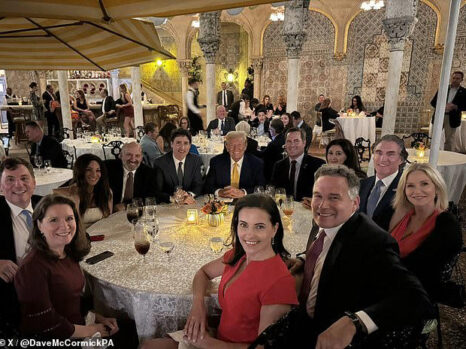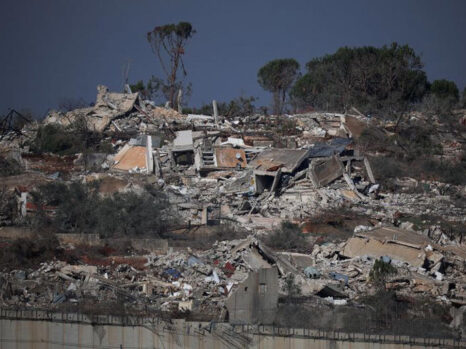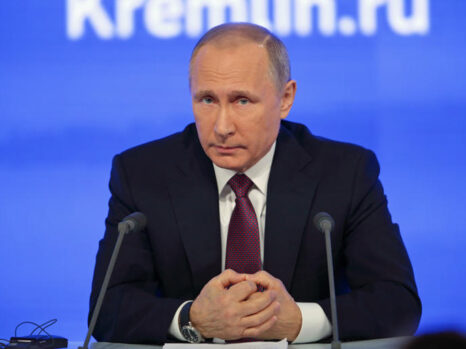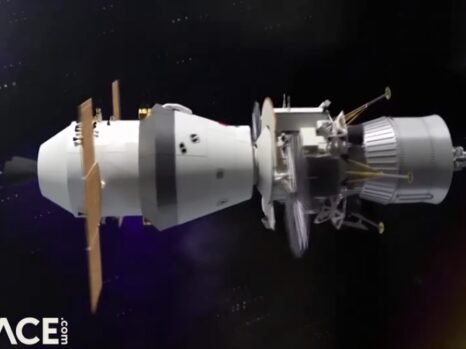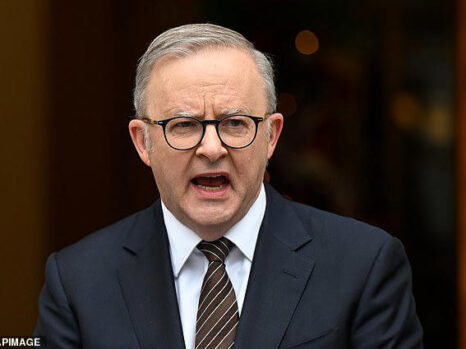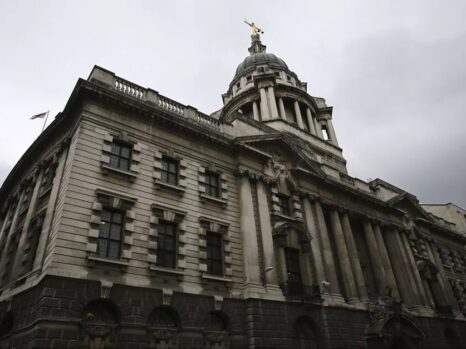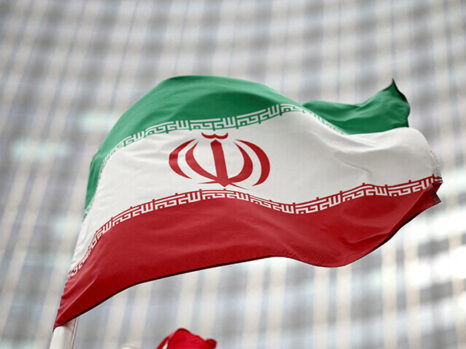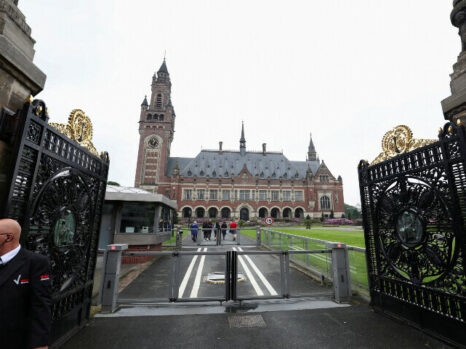Three Bulgarian nationals allegedly carried out surveillance on individuals and places of interest to Russia.
A “sophisticated” UK-based spy ring passed secrets to Russia for nearly three years, a court has heard.
Bulgarian nationals Katrin Ivanova, 33, Vanya Gaberova, 30, and Tihomir Ivanov Ivanchev, 39, allegedly carried out surveillance on individuals and places of interest to Russia.
The spying activities allegedly included locations in London, Vienna, Valencia, Montenegro and Stuttgart, jurors have heard.
Opening the trial on Thursday, Alison Morgan KC said: “This case is about espionage activity.
“Between 2020 and 2023 these three defendants together with a number of other people spied for the benefit of Russia.
“Over a period of nearly three years they sought to gather information for the benefit of Russia, an enemy of the UK, information about various targets, both people and physical locations. Information of particular interest to the Russian state.
“Their activity caused obvious and inevitable prejudice to the safety and interests of the United Kingdom.”
Ms Morgan said the defendants were “sophisticated in their methodology” as they allegedly conducted surveillance.
They allegedly manufactured and used fake identities and deployed “advanced technology” to acquire information.
The prosecutor said they obtained imagery and compiled detailed reports on their targets for which they were paid “significant amounts of money”.
Ms Morgan said: “They all knew why they were being tasked to conduct their operations. Their activity was being undertaken for the direct or indirect benefit of Russia.”
The spy ring included two more defendants, Orlin Roussev and Biser Dzhambazov, who have pleaded guilty to espionage charges, the court was told.
It is alleged the defendants plotted with a Russian agent, “Rupert Ticz”, said to be Austrian national Jan Marsalek, to obtain information directly or indirectly useful to Russia.
Ms Morgan said they were tasked to spy on “prominent” individuals of obvious interest to Russia, often because they were dissidents who had fled their homeland for their own safety.
Activities often involved surveillance operations, following people around and finding out where they were and then reporting back to the Russian state, the court heard.
The spy ring also targeted significant locations, including an embassy and airbase in Germany, jurors heard.
Ms Morgan told jurors: “You may think that it is obvious that if a group of individuals conduct espionage activity of this type planned in the UK but for the benefit for Russia, it is damaging to our national security interests.
“You may also think that it is obvious that throughout this period Russia can properly be described as an enemy of the UK. Enemy for these purposes includes any country which represents a threat to our national security.”
Ms Morgan said what the defendants did was not in dispute, and invited jurors to consider why they were doing it, what they knew and what they intended when they passed information “back along the line”.
Roussev and Dzhambazov have admitted having a number of false identity documents for spying, a number of which were found in Ivanova’s bedroom, although she denies wrongdoing, jurors have heard.
Ms Morgan said there were six spying operations which involved “high level espionage with high levels of deceit” which were “extremely risky” for those involved.
They included getting close to their targets, filming them, and even envisaging direct contact by deploying the female defendants as a “honey trap”, as sexual bail to capture more information, jurors heard.
Ms Morgan told jurors: “It was high risk and it was highly sophisticated. The prosecution alleges that it is fanciful to suggest that any of these defendants were ignorant as to why they were doing what they were doing.”
The first operation, between September and November 2021, targeted Bellingcat investigative journalist Christo Grozev whose work on Russian affairs included uncovering Russian links to the 2018 Salisbury attack and the downing of a Malaysia Airlines plane in July 2014.
The second operation in November 2022 focused on UK-based Russian dissident Roman Dobrokhotov.
Jurors heard he is an investigative journalist and founder of The Insider, a media organisation which was formerly based in Russia before he fled the country.
The third operation was on Kazakhstan former politician Bergey Ryskaliyev who fled to the UK and was granted refugee status.
The targeting of the political dissident in November 2021 would have helped cultivate relations between Russia and Kazakhstan, it was claimed.
The fourth operation involved staging a fake demonstration outside the Kazakh Embassy in September 2022 to create a pretence the spies had genuine intelligence about those responsible to pass on to Kazakhstan Intelligence Services to further curry favour, jurors heard.
This operation was conducted with a man called Ivan Stoyanov, jurors were told.
The fifth operation concerned Patch Barracks, a US military airbase in Stuttgart, Germany, in 2022.
At the time, the defendants were said to have believed the base was being used to train Ukrainian soldiers, it was alleged.
Ms Morgan said the defendants were using “highly sophisticated technology” to gather sensitive intelligence from the base.
The sixth operation targeted Russian lawyer Kirill Kachur when he was spending time in Montenegro between September 2021 and January 2022.
The court heard Mr Kachur had been designated a “foreign agent” by Russia in November 2023 and was another dissident, jurors heard.
Ms Morgan said the defendants were gathering “highly sensitive information” and passing it on to Russia and had put “many lives at risk”.
She said: “By conducting activity of this type planned on UK soil these defendants were acting in a way that was prejudicial to the safety and interests of the UK.”
Jurors were told that Dzhambazov, 43, was in a relationship with both Ivanova and Gaberova, with the latter formerly involved with Ivanchev.
The defendants have denied a charge of conspiracy to spy between August 30 2020 and February 8 2023.


